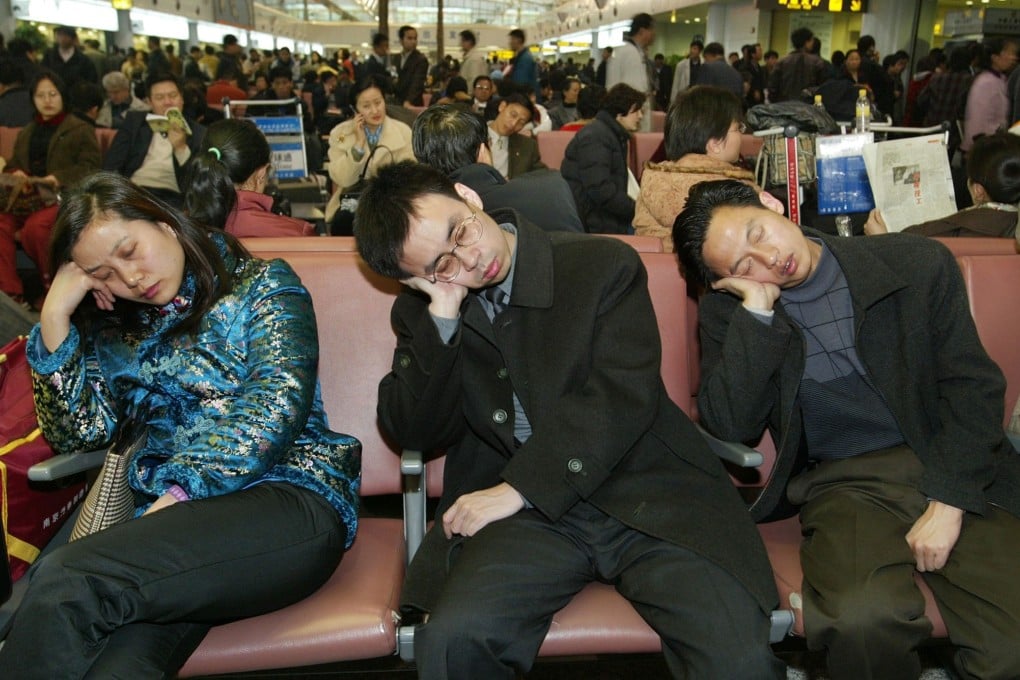Who’s getting the best sleep in China? Teachers and civil servants, survey says
The 2014 China Sleep Quality Index offers interesting insight into the sleeping habits of many Chinese professionals

Teachers and civil servants are getting the most sleep in China while professionals in the media industry are more likely to be bleary eyed in the morning, a new survey reveals.
According to the 2014 China Sleep Quality Index, a survey published by the Chinese Medical Doctor's Association, most mainlanders report that they are getting more sleep this year, although insomnia is still common in certain professions.
The report, which surveyed over 8,000 participants from across China, asked its respondents to rank the quality of their nightly sleep out of a maximum 100 points.
On average, participants ranked their sleep level at 66.5, which is 2.2 points higher than the average ranking in 2013's China Sleep Quality Index.
More than 36.2 participants ranked their sleep levels below 60 and said that they usually tossed and turned at night.
Teachers were the ones getting the most shut-eye, scoring an average of 62.6 points out of 100.
Civil servants ranked second with a sleep level of 62.5, while sales professionals came third with a ranking of 61.6.